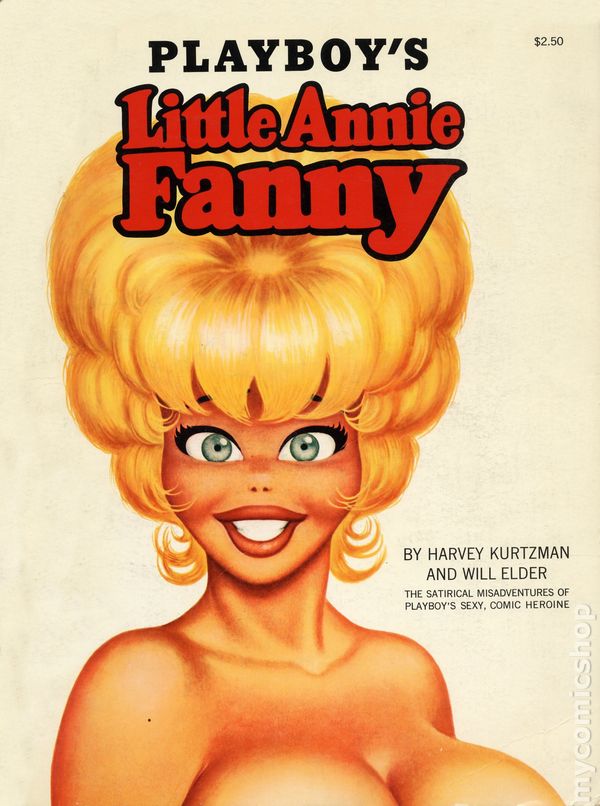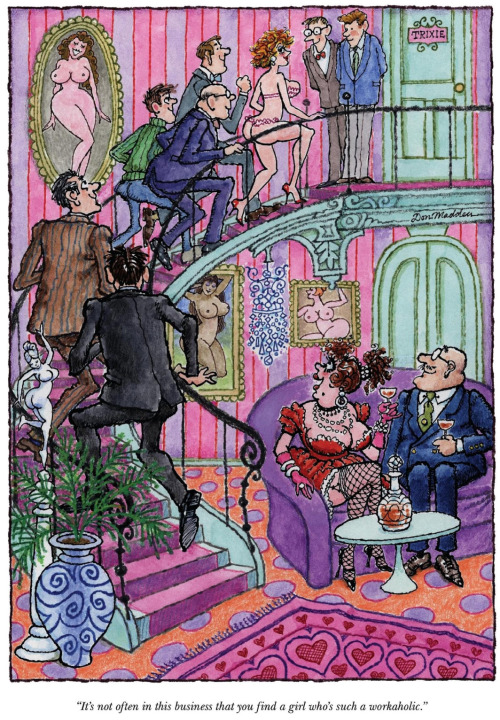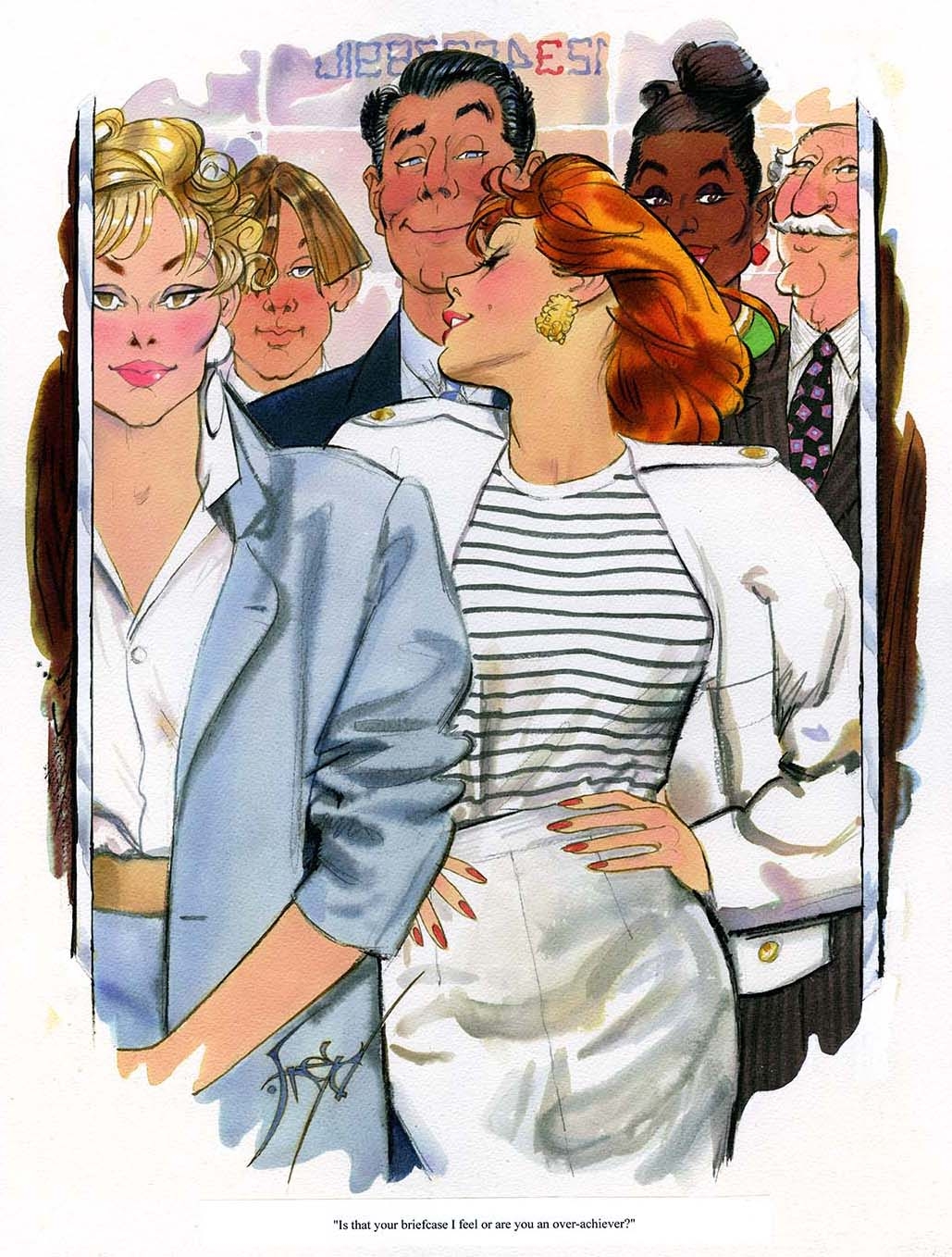

Jaffee’s work beyond what most people know of him, as well as the nature of his process, both of which are of invaluable use to researchers,” said Karen Green, librarian and developer of the CUL/IS comics and graphic novels collection. The archives will arrive in several stages the first phase will include artwork for Esquire and Playboy magazines, notebooks of ideas for Humbug and Ziggy Pig and Silly Seal, press clippings, tracings for cartoons in The Moshiach Times, fan mail, photocopies of strips never offered for publication, biographical materials used for Mary-Lou Weisman’s biography Al Jaffee’s Mad Life, photographs, and more. “He is a first-rate cartoon gagman and a fine social critic both jobs are precious and rarely companionable.” “Al Jaffee, like the Mad magazine fold-in he invented, has always done two things at once,” said David Hajdu, Columbia University professor and author of The Ten-Cent Plague: The Great Comic-Book Scare and How It Changed America. He was also involved with other Kurtzman humor magazines such as Trump and Humbug.


Jaffee began his cartooning career working for Stan Lee on comic books such as Patsy Walker and Ziggy Pig and Silly Seal, and his Tall Tales comic strip appeared in the New York Herald Tribune for six years. Jaffee was in the first graduating class of the LaGuardia-founded High School of Music & Art, where he met his long-time colleagues Will Elder, Harvey Kurtzman, and Al Feldstein. "Columbia is a jewel in the crown of New York City keeping my work here is my way of giving something back to the city in appreciation for all that was given to me." "I feel privileged and honored to have my work added to Columbia University´s collections," said Jaffee about the archives he and his wife, Joyce, donated. Jaffee’s career at Mad has spanned 58 years and counting during this time he created the features “Snappy Answers to Stupid Questions” and, most notably, the Mad fold-In, which debuted in1964. The donation of the Claremont archives by Chris and Beth Claremont in 2011 marked the beginning of CUL/IS’s push to acquire such special collections.

Since its beginning in 2005, a growing circulating collection of such graphic novels at CUL/IS has inspired scholarly inquiry, as well as academic writing and coursework, including The American Graphic Novel, a course co-taught by Columbia University Professor Jeremy Dauber and former DC Comics president Paul Levitz. This acquisition is the latest development in CUL/IS’s support for research, teaching, and learning with comics and graphic novels.


 0 kommentar(er)
0 kommentar(er)
